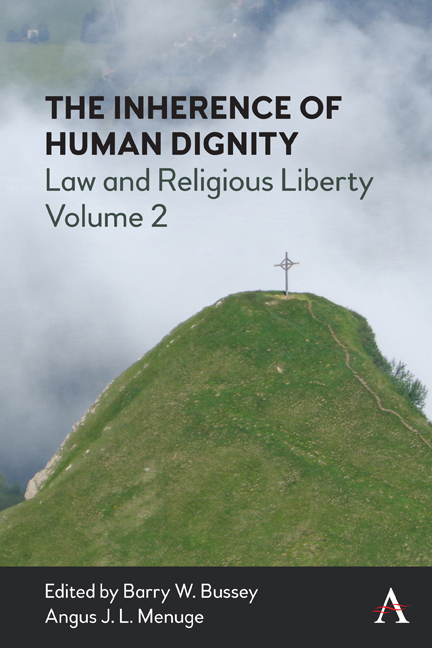Chapter Nine - What ‘Rule Of Law’ Programs Need in the Twenty-First Century
Published online by Cambridge University Press: 24 February 2022
Summary
I. Introduction and Rule of Law Background
With the collapse of communism and the end of the Cold War, the rule of law became a prominent plank in foreign aid platforms originating in the West. Rule of law training over the past 30 years has exploded, with the European Union, the United Kingdom and the United States leading the way. Major Western nations have included, as part of their foreign aid budgets, a rule of law component promising ‘to move countries past the first, relatively easy phase of political and economic liberalization to a deeper level of reform’ (Carothers 1998, 95).
The emphasis on rule of law training in the recent past coincides with the focus on ‘dignity’ in the legal academy and with foundational international documents. The Charter of the United Nations (1945) sought to avoid the ‘scourge of war’ by reaffirming faith in fundamental human rights and ‘in the dignity and worth of the human person’. This was followed by the Universal Declaration of Human Rights (UDHR 1948) which begins with the ‘recognition of the inherent dignity […] of all members of the human family’ being foundational to freedom, justice and the rule of law. The UDHR emphasis on dignity makes it a foundational term and concept for any international rule of law analysis.
Other foundational international legal documents include Article 3 of the Geneva Conventions, Article 7 of the International Covenant on Civil and Political Rights (ICCPR 1966) and certain provisions of the European Convention on Human Rights, all of which emphasize dignity in the context of human rights and rule of law. Yet, scholars have struggled with the meaning of dignity in the international legal context, particularly since the Cold War seemed to take the focus off a robust articulation of the term. The repeated and early assertion of the word was not sufficient. Indeed, repeated use of a term without proper development can cause it to become a platitude without significant content or meaning. Fortunately, legal scholars have shown how international law can use the concept of human dignity to better recognize, promote and protect both the rule of law and human rights.
- Type
- Chapter
- Information
- The Inherence of Human DignityLaw and Religious Liberty, Volume 2, pp. 147 - 164Publisher: Anthem PressPrint publication year: 2021



